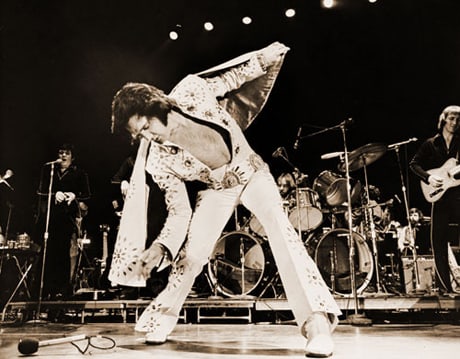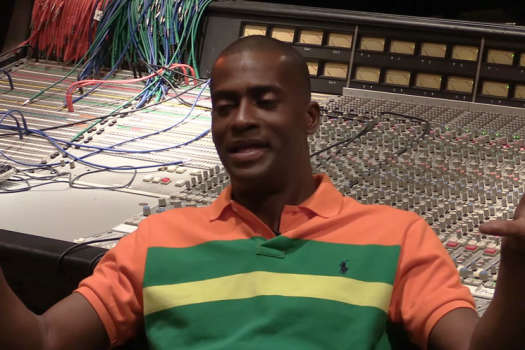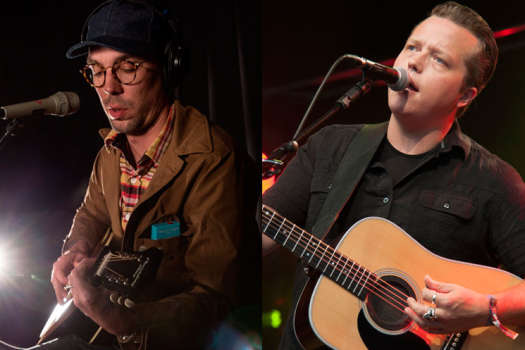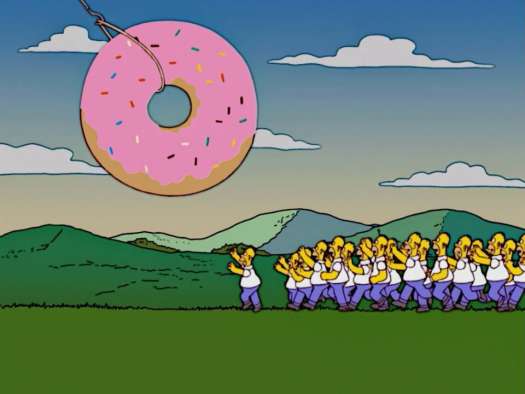Capturing his humility and bombast, the Golden Globe-winning Elvis on Tour is a remarkably revealing and vibrant look at Elvis Presley on a 15-city U.S. tour in 1972. After busting the shackles of the movie contracts that kept him preoccupied throughout the '60s, Presley took to live performances again like a hungry, if eager to please, dog on the hunt. The success of the concert film Elvis: That's The Way It Is only bolstered he and his entourage's belief in the power he wielded as a dynamic, charismatic stage icon. But the King was a complex character, willing to embrace the caricature of his persona if it meant drawing fans and curious onlookers to his more earnest, emotional side. Over 25 performances, both on-stage, backstage and in-studio, Elvis on Tour showcases the full breadth of Elvis's vision as an entertainer, from the pageantry of his giant, kick-ass band and infamous sequined, one-piece suits (and the countless scarves handed out to hysterical fans) to his sincerity as a musician with a deep respect for soul and passion in human expression. Presley and his 15-piece band could be as devastating running through theatrical rockers like "Polk Salad Annie," "Never Been to Spain" and the live debut of "Burning Love" as they are delivering slow-burning ballads like "American Trilogy" or "Bridge Over Troubled Water," where Elvis's command as a performer is matched by his inspiring taste and appreciation for great, witty songwriters. The frantic nature of Elvis's departure from each venue (confirmed by the now famous "Elvis has left the building" tagline at the end of each of these shows) is captured in the close quarters of limousines and backstage escapes, as filmmakers Pierre Adidge and Robert Abel took full advantage of rare access to their star. Including interviews with Elvis and father Vernon, and footage spanning his entire career, the film is a rather brilliant summation of Presley's strengths as a cultural figure just prior to his decline and eventual deterioration as a mortal being. And in employing the split-screen process used by Woodstock, and having a young Martin Scorsese direct the various, contextual montage sequences, Elvis on Tour offers viewers a genuinely multi-layered perspective on the most famous and fascinating musical figure of the last century.
(Warner)Elvis on Tour
Pierre Adidge & Robert Abel

BY Vish KhannaPublished Sep 3, 2010



